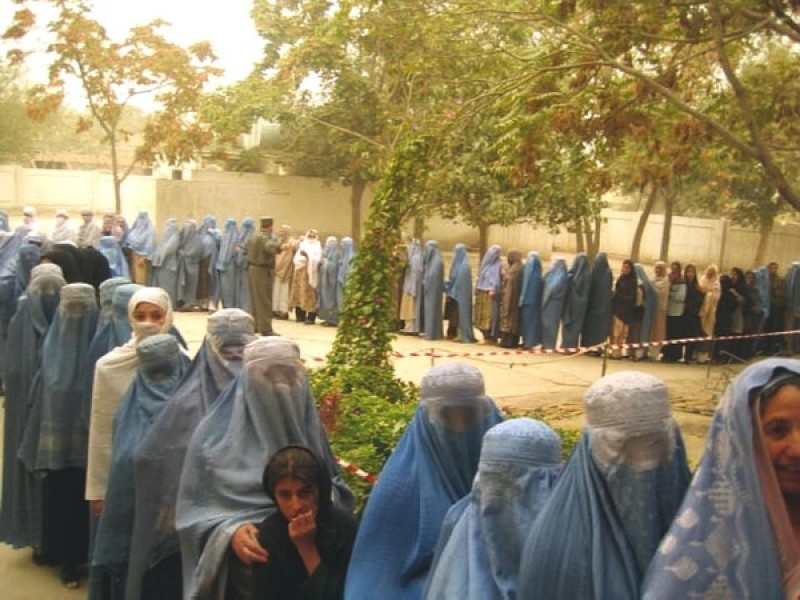“Governments engaging with the Taliban should press them to urgently reverse course and restore all Afghans’ fundamental rights while providing vital assistance to the Afghan population,” said Fereshta Abbasi, HRW's Afghanistan researcher.
The New York-based global human rights watchdog expressed grave concerns regarding the Taliban's actions since assuming control of Afghanistan, emphasizing that women and girls have been systematically denied their rights to education, work, movement, and assembly.
Additionally, the Taliban has imposed extensive censorship on the media, curtailed access to information, and increased the detention of journalists and critics.
Abbasi emphasized the urgent need for the Taliban leadership to renounce their harsh rules and practices immediately. Abbasi underscored that the international community must hold the regime accountable for the ongoing crises inflicted upon the people of Afghanistan.
According to HRW, United Nations agencies have labeled Afghanistan as one of the world's most severe humanitarian crises. Over 28 million people, constituting two-thirds of the population, are in dire need of humanitarian assistance, with more than four million individuals facing malnutrition, primarily children under the age of five.
HRW highlighted that, in addition to the long-standing conflict, extreme weather events, and widespread unemployment, the Taliban's strict limitations on women and girls' rights have significantly contributed to food insecurity in the country. Many jobs have been lost, particularly affecting women who have been dismissed, and restrictions on women working for humanitarian organizations have been enforced, with only limited exceptions.
The Taliban's policies further extend to education, where women and girls are denied access to secondary and higher education. The Taliban previously announced a ban on women working with both local and international non-governmental organizations, including the United Nations, except in specific areas such as health, nutrition, and education.
Fereshta Abbasi noted that these oppressive policies impact not only women activists and rights advocates but also ordinary women striving for a normal life.
HRW highlighted the Taliban's efforts to suppress the freedom of expression by imposing severe limitations on local media, blocking international media broadcasts, and restricting access to information throughout Afghanistan. Fear of arbitrary arrest and detention makes it impossible for anyone inside the country to report critical information.



